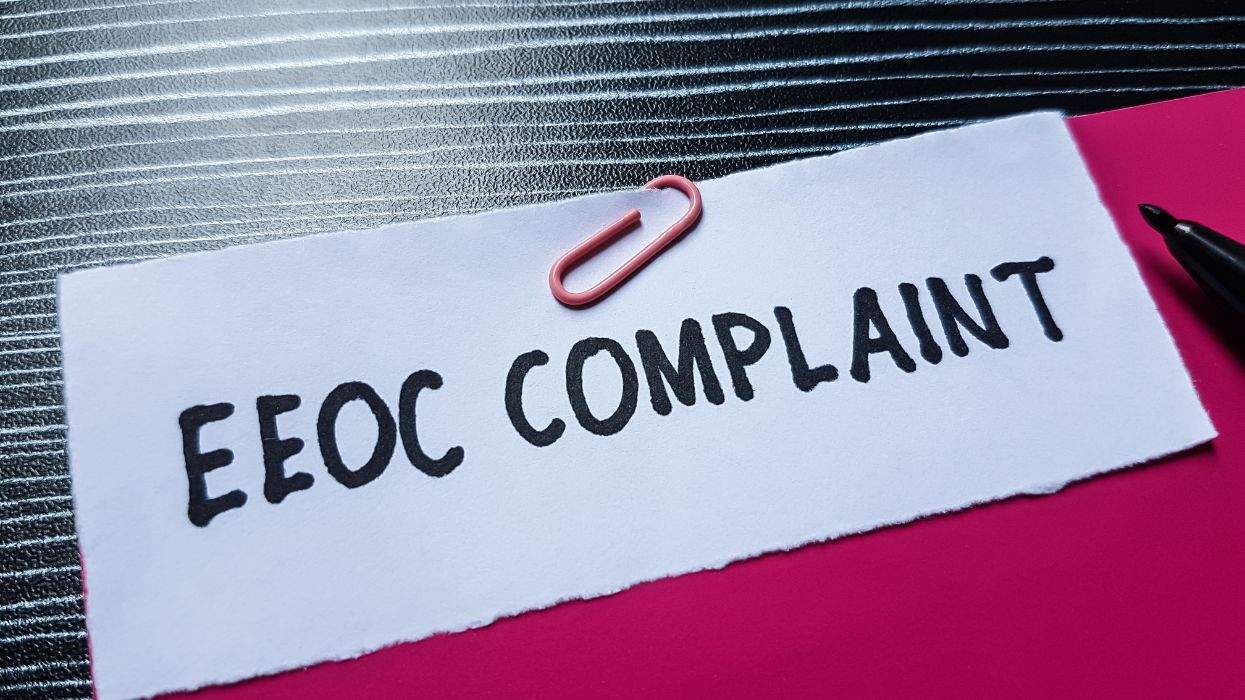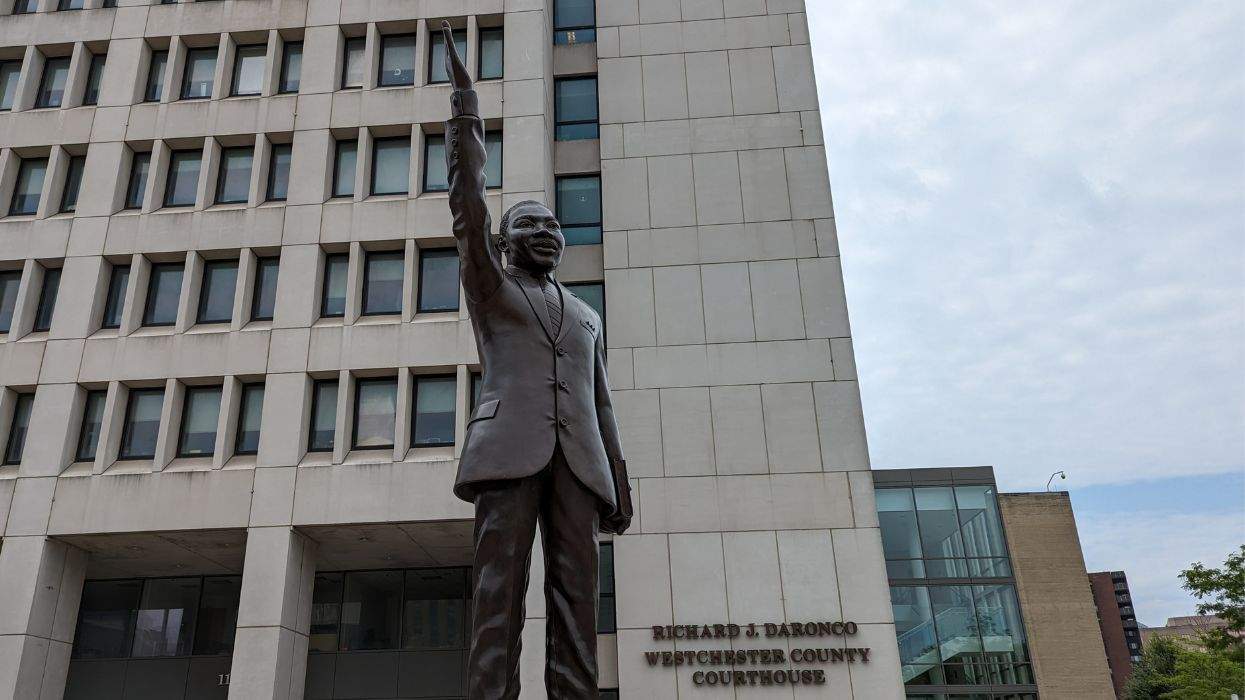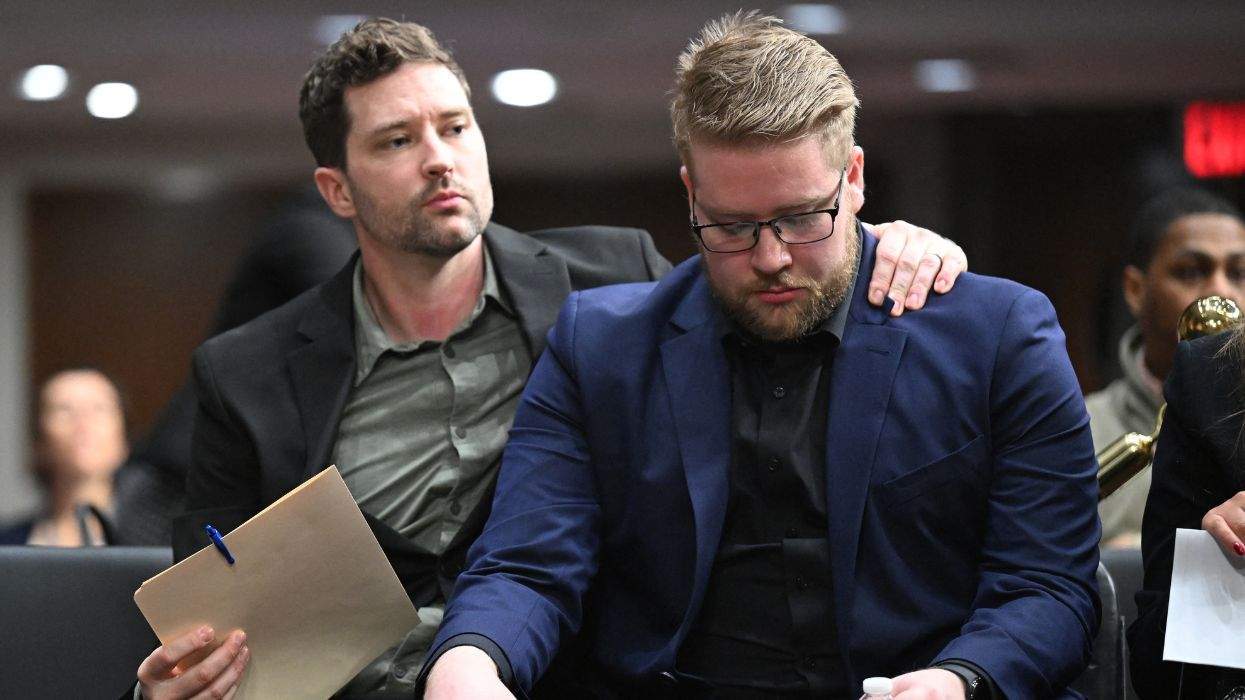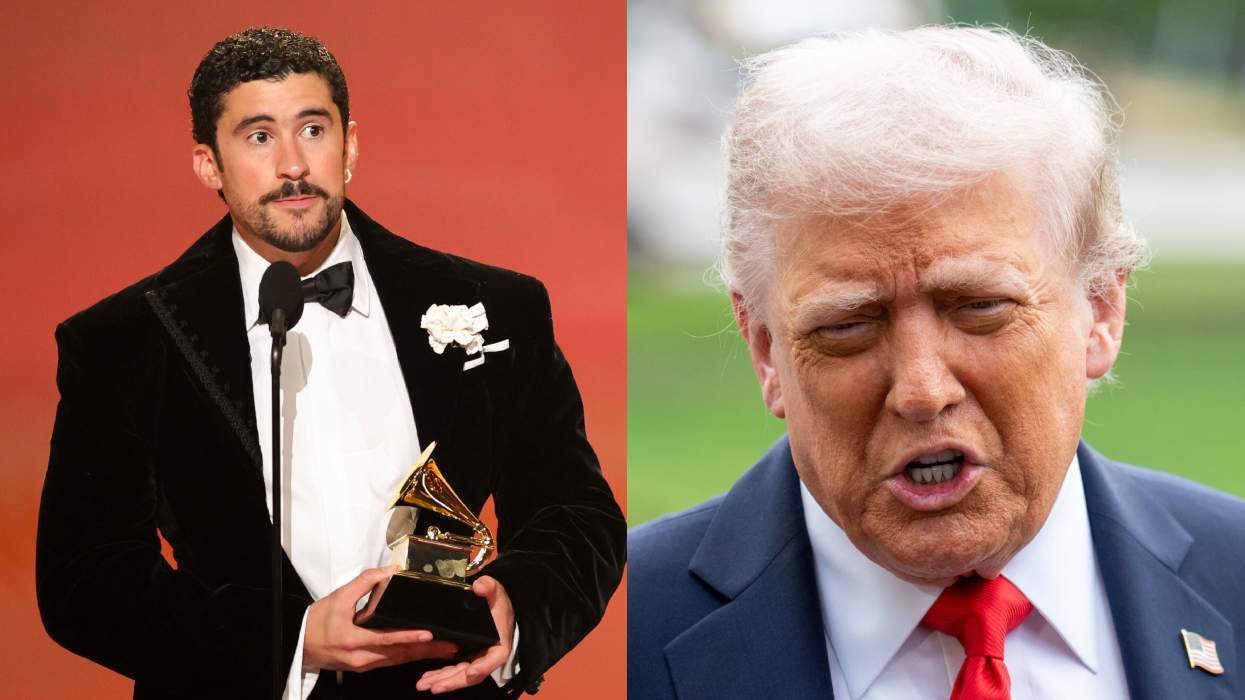Hillary Rodham Clinton, struggling to stop the momentum of new Democratic presidential front-runner Barack Obama, is testing a line of criticism that aims to portray him as a smooth talker who is short on details.
The former first lady, considered the overwhelming Democratic favorite just a few weeks ago, has now lost eight straight contests with her defeats this weeks in Virginia, Maryland, and Washington, D.C.
She was turning her attention to must-win races next month in Texas and Ohio, and taking another tack against Obama as he sought to expand his newfound advantage: That she is the candidate of substance, and he is the candidate of flash.
''I am in the solutions business,'' she told more than 4,000 supporters in a packed fairgrounds in Robstown, Texas, on Wednesday. ''My opponent is in the promises business.''
On the Republican side, presumptive nominee John McCain sought to convince conservatives that if the party hopes to match the enthusiasm generated by the two Democrats, it must come together. He too has taken on Obama, saying that the candidate's speeches are ''singularly lacking in specifics.''
Fighting that perception, Obama announced Wednesday that as president he would spend $210 billion to create jobs in construction and environmental industries. He painted his rivals as Washington insiders whose votes on the Iraq war have had stark economic consequences.
''It's a Washington where politicians like John McCain and Hillary Clinton voted for a war in Iraq that should've never been authorized and never been waged -- a war that is costing us thousands of precious lives and billions of dollars a week'' that could be used on infrastructure, job training, and health care, Obama said at a campaign stop at a General Motors plant in Wisconsin. The state is the site of the next Democratic nomination battle on February 15.
Obama's wins Tuesday in Virginia, Maryland, and Washington, D.C., give him the edge in the delegate count, but hardly assures him of the nomination. With about 2,500 delegates awarded, Obama's lead over Clinton had crept ahead to 55 late Wednesday -- 1,275 to 1,220. Given that about 1,500 more delegates are to be chosen, that is almost a negligible difference.
But those wins, on top of five over the weekend, give him undeniable advantages. He has a good opportunity to extend his streak with weekend primaries in Wisconsin and Hawaii, as Americans focus on how his campaign is soaring and Clinton's is flagging.
The former first lady is now looking to the March 4 primaries in delegate-rich Texas and Ohio. She could have an edge in those states and big wins there could propel her back into the lead. But by then, if she does not win Wisconsin or Hawaii, four weeks would have passed without a victory, and Obama's momentum could be hard to overcome.
Obama has pulled ahead in fund-raising, leaving Clinton to lend money to her own campaign to try to stay close. Her campaign advisers said Wednesday that her fund-raising was rebounding at a rate of $1 million a day online.
Tuesday's vote indicated that Obama is tapping into Clinton's political base, with stronger support from white voters -- including women -- and the elderly.
He got another boost Wednesday when the man who served as national manager of former president Bill Clinton's 1992 campaign endorsed him. David Wilhelm, who later became chairman of the Democratic National Committee, said Obama would be able to govern the country with the support of a large coalition.
Wilhelm is a superdelegate who was previously uncommitted in the race. His endorsement helps Obama in the all-important race for delegates.
Clinton, who is seeking to become America's first woman president, has struggled in a historic race to counter Obama, who would be the country's first black president.
Months ago, she largely ignored Obama and other Democratic rivals, campaigning as the inevitable Democratic nominee. After Obama surprisingly won the first contest, Iowa, she and her husband, the former president, went on the attack. But some of those attacks were criticized as racially insensitive -- a serious matter for a party in which blacks are an important part of the electorate and which prides itself on advocating civil rights.
McCain appealed to Republican House members on Wednesday for help rallying conservatives, who so far have been lukewarm at best in their support of the Arizona senator.
''I'm very gratified by the very warm reception that I received from the Republican conference this morning -- a spirited and a good discussion of some of the issues,'' McCain told reporters afterward. ''I'm very grateful for our pledge to work together.''
McCain is considered a maverick who has broken with some conservative Republican stances on immigration, gay rights, and campaign finance reform. The veteran senator's victories Tuesday in Maryland, Virginia, and Washington, D.C., allowed him to save face after embarrassing losses to rival Mike Huckabee last weekend.
McCain leads the overall race for the nomination with 843 delegates, to 242 for Huckabee, a former Arkansas governor and ordained Baptist minister who is a favorite among Christian conservatives.
It takes 1,191 delegates to clinch the Republican nomination at the party's convention in St. Paul, Minn., and McCain appears to be on track to reach the target by late April. (AP)















